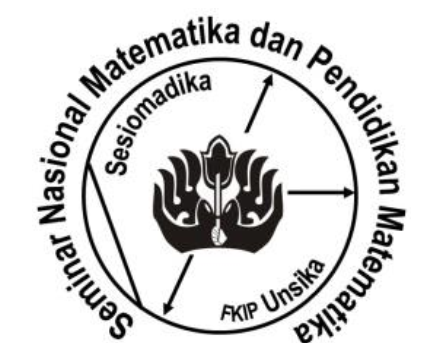Plugged versus Unplugged Activities within Problem-based Learning for Computational Thinking Skills: A Meta-Analytic Review
DOI:
https://doi.org/10.33541/edumatsains.v10i1.6958Keywords:
computational thinking, meta-analysis, plugged activity, problem-based learning, unplugged activityAbstract
The integration of technology in 21st-century education brings considerable advantages, particularly through "plugged" activities within problem-based learning (PBL) frameworks to enhance computational thinking (CT) skills. However, the impact of plugged activities in PBL on CT skills development has shown inconsistency. Additionally, how do plugged activities compare with unplugged activities within PBL for optimizing CT skills? This study addresses this question by comparing the effects of plugged and unplugged activities integrated into PBL on students' CT skills. A meta-analysis was conducted on 17 empirical studies published between 2011 and 2023, which produced 31 effect sizes in g units and included data from 1,376 students. Using the Q Cochrane and Z tests, facilitated by the Comprehensive Meta-Analysis (CMA) software, the data were analyzed to determine these effects. The findings showed that, descriptively, plugged activities in PBL (g = 0.818; p < 0.05) had a stronger effect on enhancing CT skills than unplugged activities (g = 0.649; p < 0.05). Statistically, sufficient evidence indicated that plugged activities within PBL are more effective than unplugged activities for improving students’ CT skills. Therefore, educators, including teachers and lecturers, may consider using plugged activities as part of a PBL framework to support the development of CT skills in students.
Downloads
Published
How to Cite
Issue
Section
License
Copyright (c) 2025 Suparman, Dadang Juandi, Turmudi, Bambang Avip Priatna Martadiputra

This work is licensed under a Creative Commons Attribution 4.0 International License.





















_(1).png)
